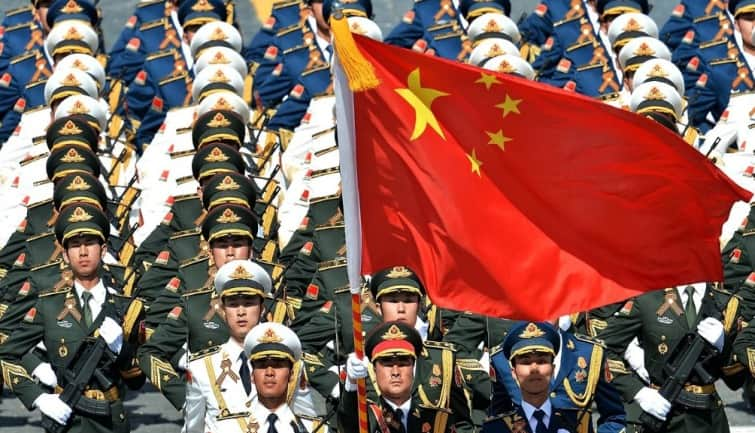Afghanistan, a long-standing friend of India, finds itself in a complex web of geopolitical maneuvering as China attempts to strengthen its influence in the region. Recently, the Chinese ambassador to Afghanistan made significant announcements aimed at accommodating Afghan refugees expelled from Pakistan and Iran. This move underscores China’s strategic interests in Afghanistan amidst the evolving political landscape.
China’s Strategic Initiative in Afghanistan
China has been looking to expand its influence in South Asia and beyond, and Afghanistan represents a crucial component of this strategy. The recent commitments made by the Chinese government reflect its intentions to play a central role in the political and economic rehabilitation of Afghanistan.
Key Announcements by the Chinese Ambassador
During a press briefing, the Chinese ambassador to Afghanistan outlined several initiatives designed to support Afghan refugees and improve bilateral relations. Some key points include:
- Establishment of a refugee assistance program for Afghans affected by the ongoing geopolitical tensions.
- Investment in infrastructure projects aimed at improving connectivity within Afghanistan and with neighboring countries.
- Support for economic initiatives that promote trade and investment in the region.
Implications for Regional Politics
The implications of China’s involvement in Afghanistan are far-reaching. As China seeks to fill the void left by other regional powers, it could potentially reshape alliances and influence throughout South Asia and Central Asia. The following table summarizes the potential impacts:
| Impact Area | Potential Changes |
|---|---|
| Economic | Increased Chinese investment in Afghan infrastructure and trade. |
| Political | Strengthening of Chinese diplomatic ties with the Taliban and local factions. |
| Security | Potential for increased Chinese presence and influence in local security matters. |
Challenges Ahead
Despite the optimistic announcements, there are several challenges that China faces in its quest for influence in Afghanistan:
- Ongoing instability and security concerns within Afghanistan.
- Resistance from local factions that do not align with Beijing’s interests.
- International scrutiny and potential backlash from other regional players, including India and the United States.
Conclusion
China’s recent initiatives towards supporting Afghan refugees and enhancing its presence in Afghanistan underscore its strategic ambitions in South Asia. However, the road ahead is fraught with challenges, including instability within Afghanistan and geopolitical rivalries. The evolving dynamics will be critical not only for Afghanistan but also for how regional powers, particularly India, navigate this emerging landscape.
